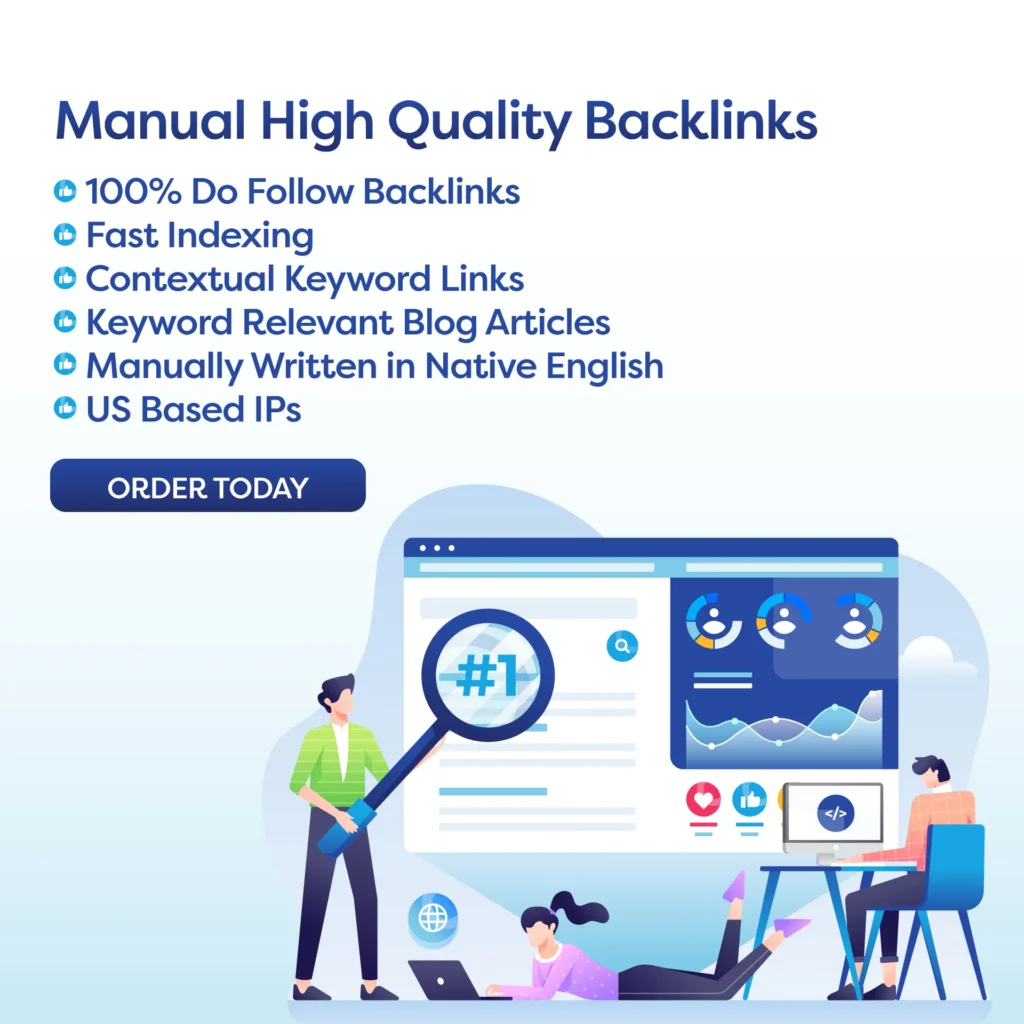Meta Tags Optimization: A Quick Guide
The Importance of Meta Tags in SEO
When it comes to Search Engine Optimization (SEO), there are numerous factors that can influence your website’s ranking on search engine results pages (SERPs). One of these factors is the use of meta tags. These snippets of HTML code provide information about a webpage to search engines, helping them understand the content and context of the page. In other words, meta tags act as a brief summary of your webpage for search engines.
Types of Meta Tags
There are several types of meta tags, but the two most important ones for SEO are the title tag and meta description tag. The title tag is a short and concise description of your webpage’s content, usually limited to 60 characters. It appears as the clickable headline on SERPs and is crucial in attracting clicks from users. The meta description tag, on the other hand, is a brief summary of your webpage’s content, usually limited to 155 characters. It appears below the title tag on SERPs and gives users a glimpse of what to expect when they click on your webpage.
Writing Effective Meta Tags
Now that you understand the importance of meta tags, it’s essential to know how to write effective ones that will drive clicks to your website. Here are some tips to keep in mind:
1. Be Relevant and Accurate
Make sure your meta tags accurately describe the content of your webpage. This not only helps search engines understand your page better but also ensures that users are not misled when they click on your webpage. Use relevant keywords in your title and description to increase the chances of appearing in relevant search results.
2. Be Compelling
Your meta tags should be compelling and entice users to click on your webpage. Use action words and phrases to create a sense of urgency or curiosity. For example, instead of writing “Our Product Features,” try “Discover the Amazing Features of Our Product!” This draws more attention and encourages users to click on your webpage.
3. Keep it Concise
As mentioned earlier, the character limit for title tags is 60 and for meta description tags is 155. It’s essential to keep your meta tags concise and to the point. Search engines may truncate your tags if they are too long, and users may not be able to see the full description. Keep your tags within the character limit to ensure they are displayed properly.
4. Avoid Duplicate Content
Each webpage on your website should have unique meta tags. Duplicate meta tags can confuse search engines and may result in a lower ranking for your website. It’s essential to create unique and relevant meta tags for each page to improve your SEO.
5. Utilize Rich Snippets
Rich snippets are extra bits of information that can be added to your meta tags to make them more visually appealing and informative. They can include images, ratings, reviews, and more, depending on the type of webpage. Rich snippets can help your webpage stand out on SERPs and increase the chances of getting clicked.
In Conclusion
Meta tags may seem like a small aspect of SEO, but they play a crucial role in driving clicks to your website. By optimizing your meta tags, you can improve your website’s visibility on search engines and attract more organic traffic. Remember to keep your tags accurate, compelling, and concise, and utilize rich snippets for maximum impact. With these tips, you can effectively optimize your meta tags and improve your overall SEO strategy.
